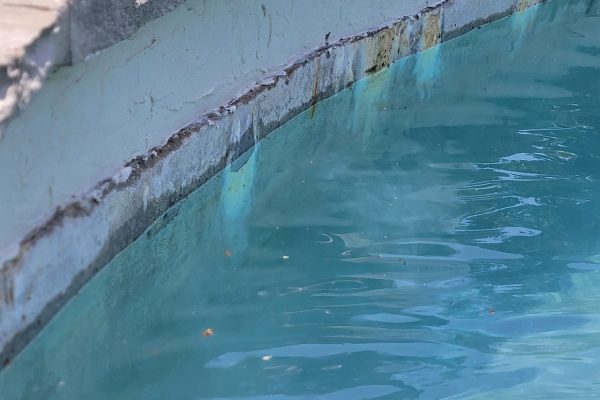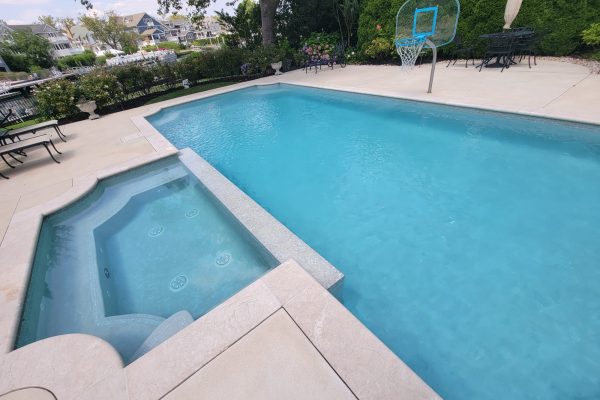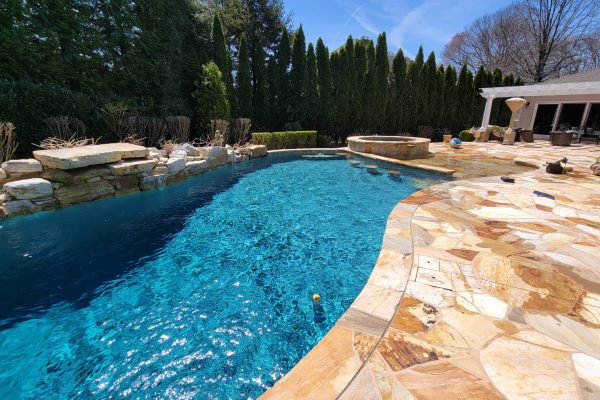Keeping your pool in top condition isn’t just about regular cleaning—it’s also about keeping an eye on your equipment and pool structure. Ignoring early signs of damage can lead to more expensive repairs down the line. Here are some key warning signs that your pool may need repair:
Cloudy or Green Water: If your pool water has turned cloudy or green, it could be a sign of a filtration issue or a chemical imbalance. If routine cleaning doesn’t solve the problem, it’s time to call in a professional.
Cracks in the Pool Surface: Cracks in the pool’s concrete or the surrounding deck can cause leaks or worsen over time, leading to structural damage. Prompt repairs are important to prevent more severe issues down the line.
Malfunctioning Equipment: If your pool’s equipment—such as the pump, filter, or heater—fails to operate as it should, your pool may not be circulating water properly, which can lead to poor water quality. If you notice strange noises, reduced water flow, or other irregularities, it’s time to get it checked.
Water Leaks: If your pool is losing water faster than usual, it could indicate a leak in the pool itself or in the plumbing. Early detection and repair can prevent further water loss and costly repairs.
By keeping an eye out for these signs and addressing issues quickly, you can ensure your pool remains safe and enjoyable throughout the year. Don’t hesitate to reach out to pool professionals if you suspect something’s wrong.



